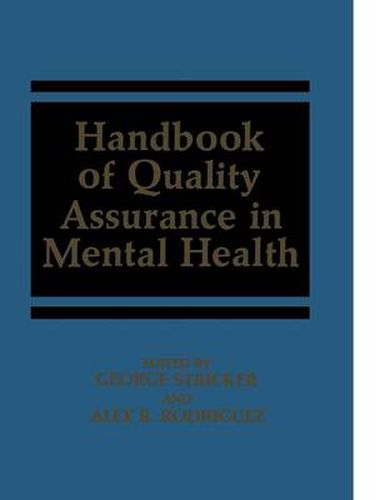Readings Newsletter
Become a Readings Member to make your shopping experience even easier.
Sign in or sign up for free!
You’re not far away from qualifying for FREE standard shipping within Australia
You’ve qualified for FREE standard shipping within Australia
The cart is loading…






This title is printed to order. This book may have been self-published. If so, we cannot guarantee the quality of the content. In the main most books will have gone through the editing process however some may not. We therefore suggest that you be aware of this before ordering this book. If in doubt check either the author or publisher’s details as we are unable to accept any returns unless they are faulty. Please contact us if you have any questions.
professional-standards-review organizations (PSRO) in defining quality of care for the Medicare program; it is a shared responsibility of health professionals and government to provide a reasonable basis for confidence that action will be taken, both to assess whether services meet professionally recognized standards and to correct any deficiencies that may be found (p. 14). Similar pronouncements have been made for the quality assurance activities of the Department of Defense’s CHAMPUS program and of the 1980s successor to the PSROs, the federally designated peer-review organizations (PROs), established to ensure quality and utilization-efficient care for Medicare. Links between the federal and state gov ernments and between professional associations and private review entities have been developed to make this shared responsibility manifest in the delivery and reimbursement of health services. This responsibility is seen in light of both pro fessional and legal accountability, a view noted by Gibson and Singhas (1978) and Alger (1980). Accountability, then, becomes a concentric concept that elaborates on the pure view of quality and reflects the federal government’s consumer protection activities during the 1970s. The Joint Commission on Accreditation of Hospitals (JCAH), which has pro vided another primary historical leadership role in defining quality assurance, has promoted the evolution of the concept of resource limitations as a part of the defini tion of quality assurance.
$9.00 standard shipping within Australia
FREE standard shipping within Australia for orders over $100.00
Express & International shipping calculated at checkout
This title is printed to order. This book may have been self-published. If so, we cannot guarantee the quality of the content. In the main most books will have gone through the editing process however some may not. We therefore suggest that you be aware of this before ordering this book. If in doubt check either the author or publisher’s details as we are unable to accept any returns unless they are faulty. Please contact us if you have any questions.
professional-standards-review organizations (PSRO) in defining quality of care for the Medicare program; it is a shared responsibility of health professionals and government to provide a reasonable basis for confidence that action will be taken, both to assess whether services meet professionally recognized standards and to correct any deficiencies that may be found (p. 14). Similar pronouncements have been made for the quality assurance activities of the Department of Defense’s CHAMPUS program and of the 1980s successor to the PSROs, the federally designated peer-review organizations (PROs), established to ensure quality and utilization-efficient care for Medicare. Links between the federal and state gov ernments and between professional associations and private review entities have been developed to make this shared responsibility manifest in the delivery and reimbursement of health services. This responsibility is seen in light of both pro fessional and legal accountability, a view noted by Gibson and Singhas (1978) and Alger (1980). Accountability, then, becomes a concentric concept that elaborates on the pure view of quality and reflects the federal government’s consumer protection activities during the 1970s. The Joint Commission on Accreditation of Hospitals (JCAH), which has pro vided another primary historical leadership role in defining quality assurance, has promoted the evolution of the concept of resource limitations as a part of the defini tion of quality assurance.